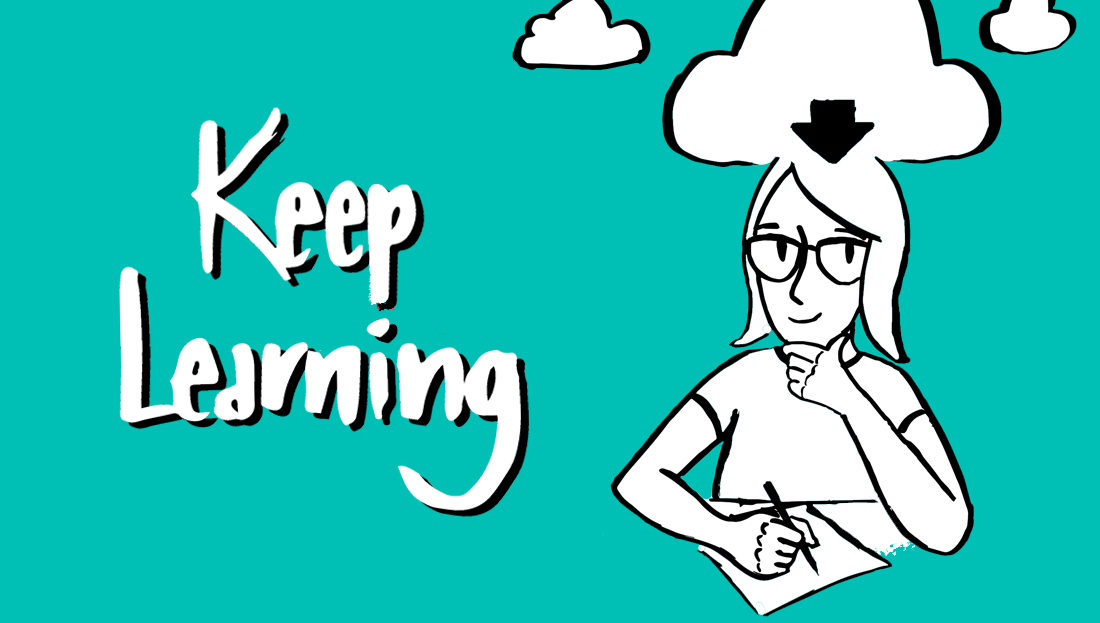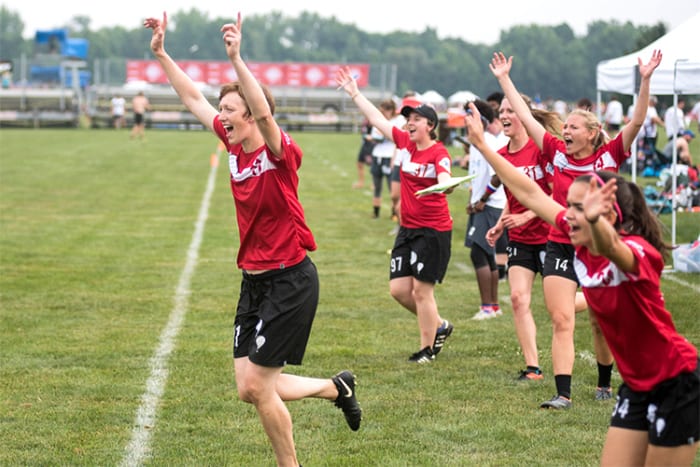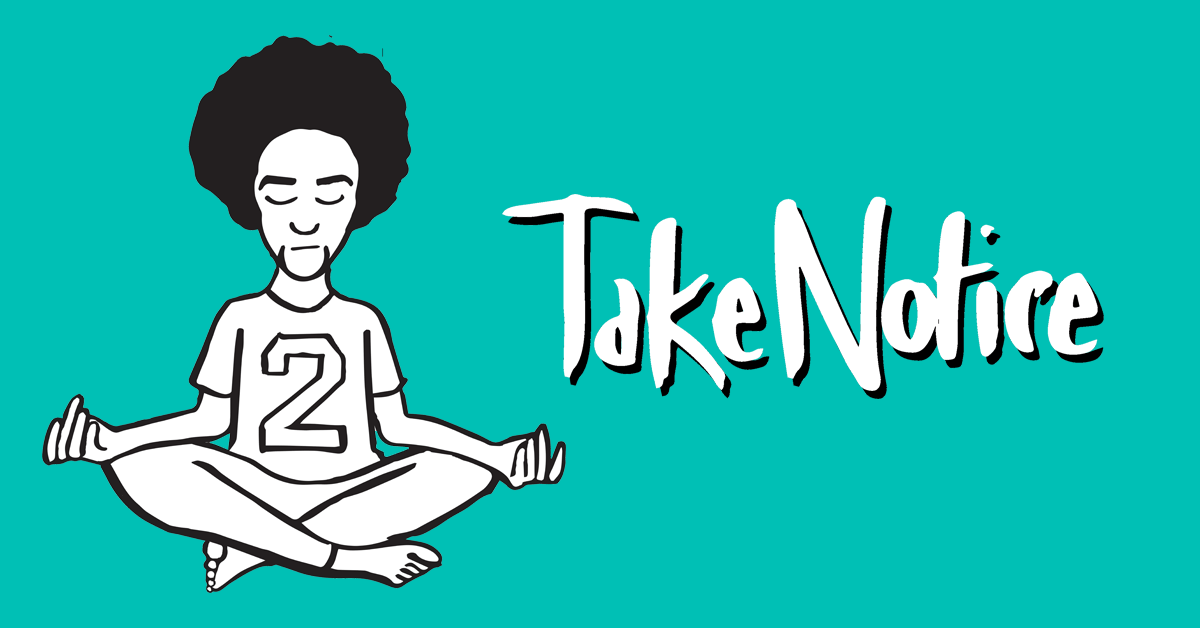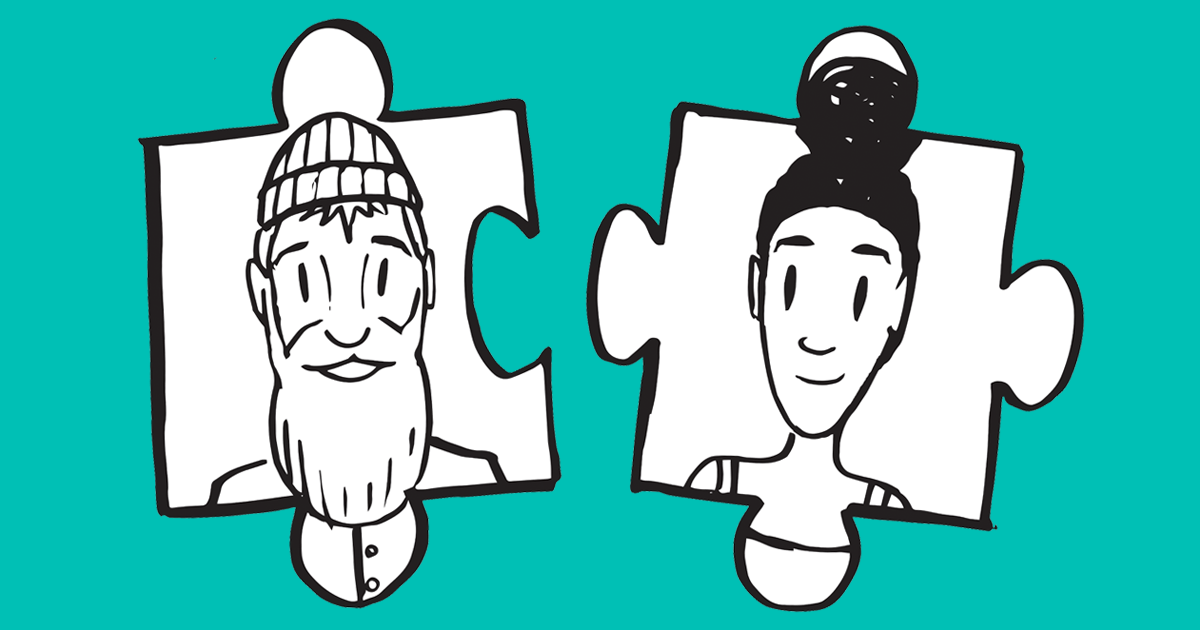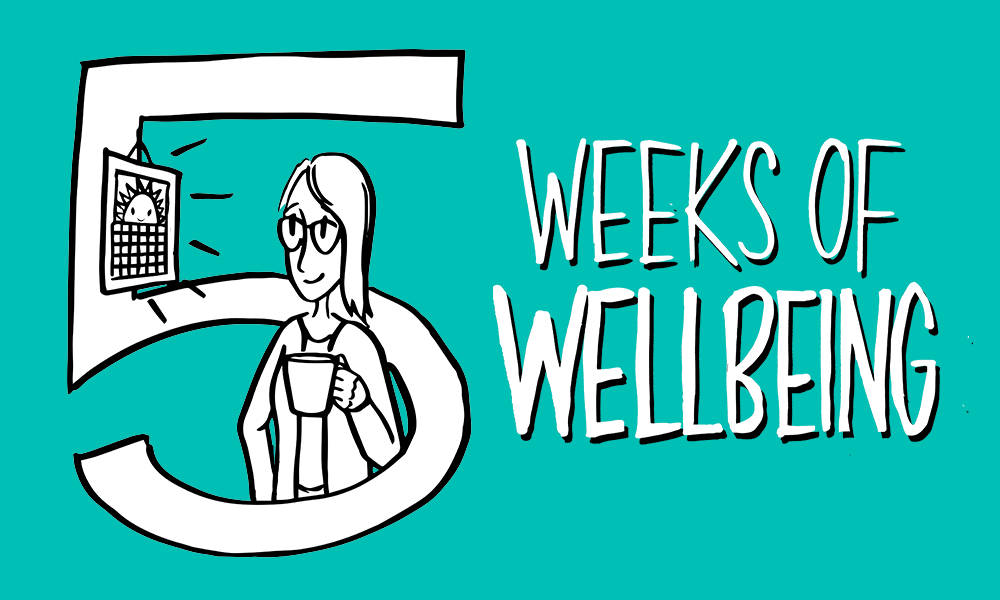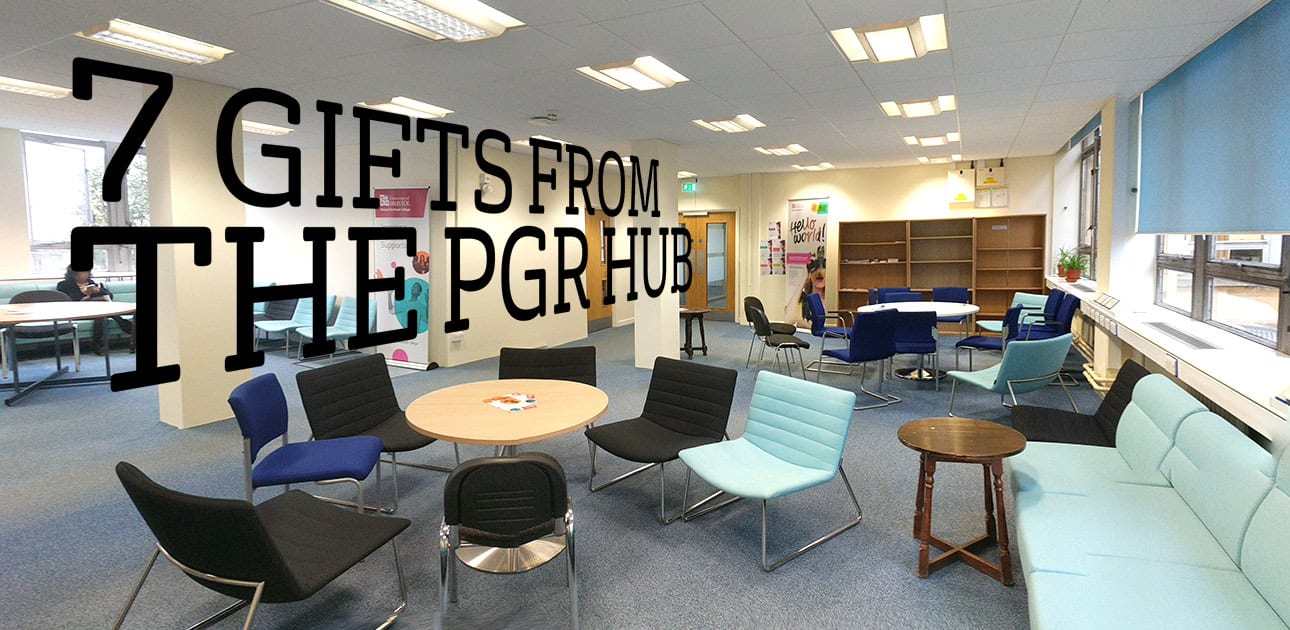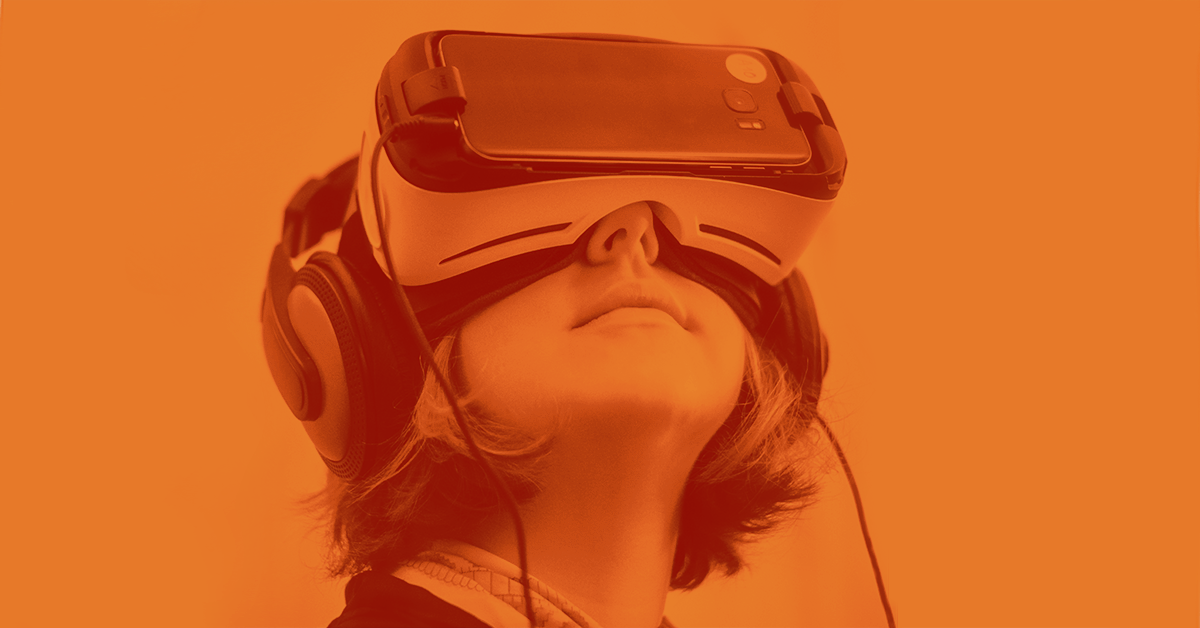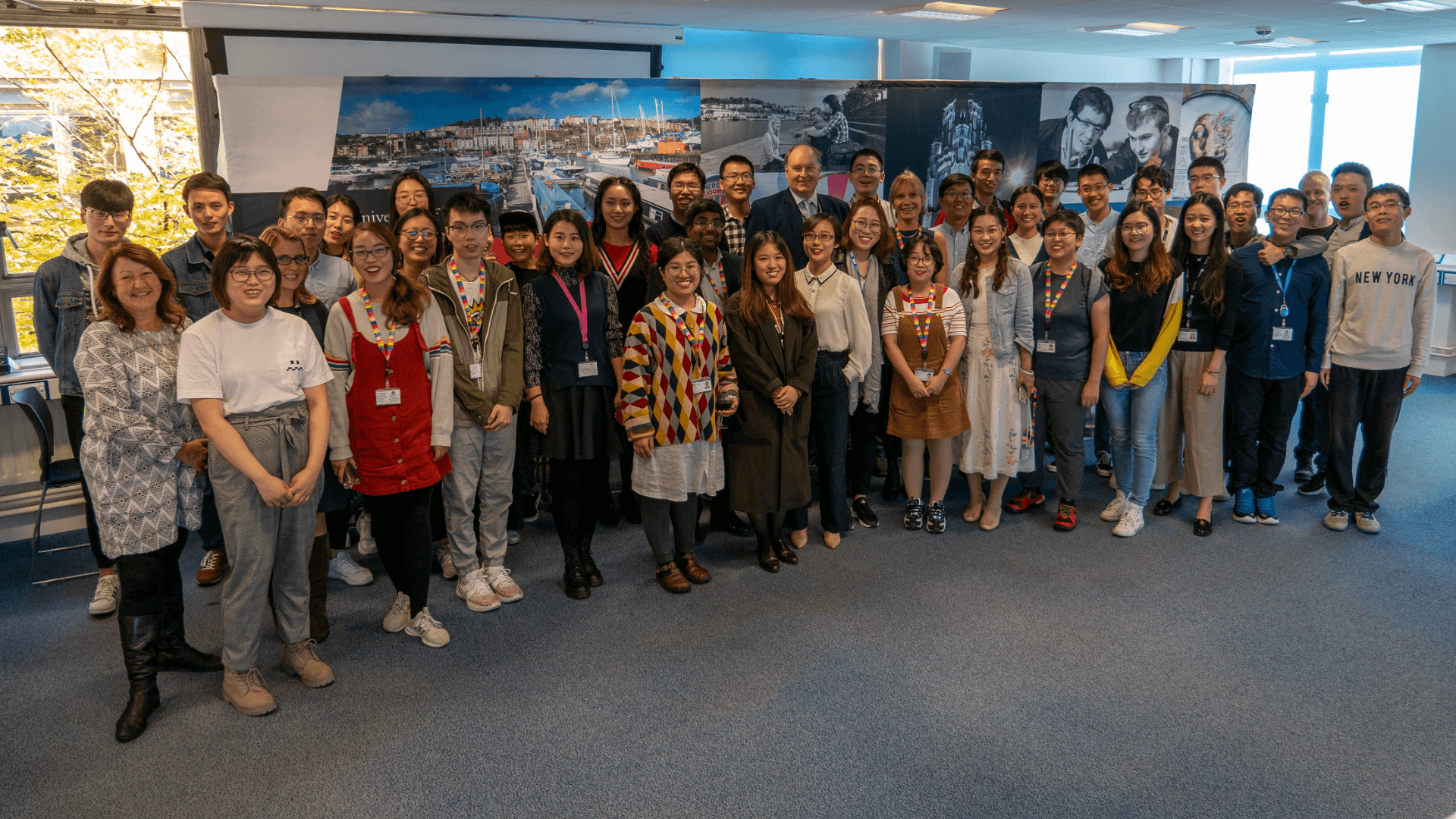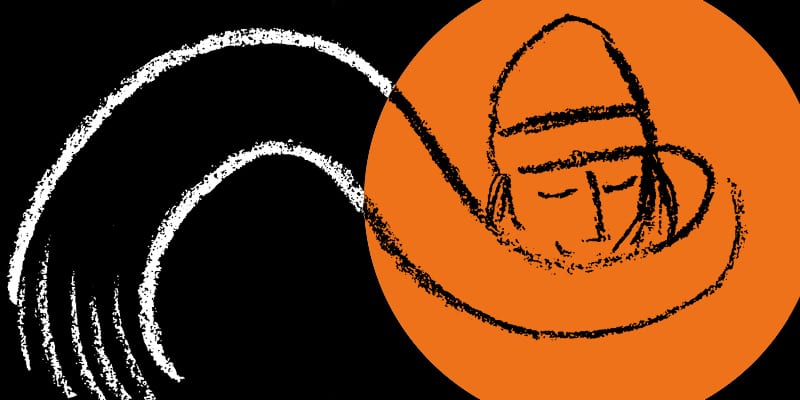Week four of our Five Weeks of Wellbeing has focused on learning. Jacks Bennett, a Bristol PhD researcher looking at mental health and wellbeing in students, shares her reflections on why maintaining curiosity matters.
I love learning new things. Things about things (information), how to do things (skills), why things happen (knowledge), and what things say about other things (meaning). I’ve always been curious. As a child, I sat in the shed at the bottom of our garden, the walls newspapered with articles and the shelves littered with potions I’d made from fallen rose petals. From my musty office, I declared myself both writer and scientist.
More than four decades later — I have become, circuitously and arguably, both. At university first time around, I explored French, pretty fruitlessly I might add — c’est la vie. I then learned to write, research, and report at the BBC — where discovering new ‘things’ (in short bursts) became a way of life. More recently, I came back to university as a psychology undergraduate and now PhD researcher looking at student mental health — in at the deep end again. It’s become my raison d’être: get stuck in, ask questions. My family and friends variously call it: ‘enthusiastic’, ‘overthinking’, ‘nosy’, ‘earnest’. I prefer to think of it as meaningful engagement with my one short life.
My learning curves have come in all shapes and shades. I’ve learned how to interview prime ministers, how to make cheese, what to do in a police raid, and how not to be sick during a Hercules take-off. I’ve also learned that I’m not good with pregnancy, vodka, or arrogant people, and that I’m often riddled with self-doubt. But I’m also tenacious, great in a crisis, impossibly fond of communicating, and I can parachute out of a plane. The list isn’t exhaustive and doesn’t include life’s bigger challenges like learning to be: mother, daughter, wife, friend, employer, employee, student, citizen. I’ve also had to learn how to do all those things. I’ve sometimes learned the hard way and I’ve always had to work at it. I still do.
Learning the basics of who you are, what you like, what you need, and what you’re capable of — is all a journey. For me, that’s been critical for my wellbeing and equilibrium. I felt for years that I ‘should’ love to cook — mainly because cooking is wholesome, other people seem to enjoy it, and it helps with the whole feeding the family thing. Actually, I really hate cooking. But I do love to clean or tidy. Bad day at work? Imposter syndrome kicking in? My floors sparkle and my paperwork gets done. I feel better. A light-hearted example — but you get my drift?
It’s not just about self-awareness, there’s also learning for learning’s sake. I’ve made several sea changes over the years; and when I’ve been stuck in my head or in a job that doesn’t fit – I’ve usually signed up for a writing course, some voluntary work or a half marathon. I realise most of us don’t always have the capacity or resources to shake things up dramatically, but you can always do something. Walk a different route to work, strike up a conversation with the person next to you on the bus, head to the museum at lunchtime and temporarily lose yourself. You never know what may happen. Every time I look outward, my world becomes just a little bit more colourful.
Taking on a doctorate is my current curve ball. Commissioned by the University, the research feels pertinent and timely — ‘What type of support improves mental health and wellbeing in university students?’ Bristol aims to be part of an evidence-based solution to growing concern about young people’s mental health, and our students are sharing their experience in an annual survey, forming the spine of my project. I’m lucky to be involved — another steep learning curve. Those curves just keep coming.
What have I learned about learning (so far)? It matters that you try and work out who you are and how you tick. Align that with your goals and take some risks. Learn from your mistakes: outcomes can be good and bad — and believe me, I’ve experienced the latter — but every experience has shaped me. When life is good — savour it, and when things get tough — push through. Our time here is short and precious, and the world is endlessly interesting. Fill your toolbox with curiosity, kindness and respect, and then grab life by the scruff of the neck and shake out every last meaningful experience.
Want to get involved in our Five Weeks of Wellbeing? There are still plenty of events ahead, including a PGR Movie Night, a Board Game Cafe and a Clothes Swap. Read the full programme.


